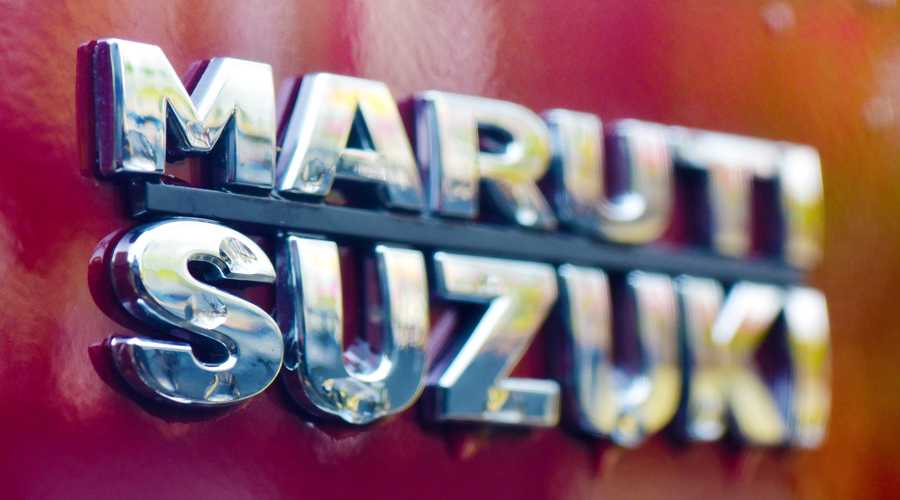Maruti Suzuki and other automobile players have announced that they intend to raise prices of all its models in April to meet the cost pressure driven by inflation and regulatory requirements of complying with Phase 2 of BS-VI emission norms.
“While the company makes maximum effort to reduce cost and partially offset the increase, it has become imperative to pass on some of the impact through a price increase,” the automaker said in a regulatory filing without quantifying the hike.
Honda Cars India plans to raise prices of its entry level compact sedan Amaze by up to Rs 12,000 in order to offset the impact of increase in production cost owing to upcoming stricter emission norms from next month.
The price increase will vary depending on different trims of the model.
Hero MotoCorp announced that it will increase prices of its model range by around 2 per cent from next month.
Similarly, Tata Motors has announced that it will be increasing the prices of commercial vehicles by up to 5 per cent from April 1, 2023.
The Indian automobile industry is currently working to make their products meet the second phase of BSVI emission norms.
From April 1, vehicles will need to have an on-board self-diagnostic device to monitor the real time driving emission levels.
The device will constantly monitor key parts for meeting emission standards such as the catalytic converter and oxygen sensors, to keep a close watch on emissions.
In a scenario wherein the emissions exceed the parameters, the device will indicate through warning lights that the vehicle be submitted for a service.
Additionally, in order to control the level of fuel burnt, the vehicles will also carry programmed fuel injectors, which would control the timing and amount of fuel injected into the petrol engine.











